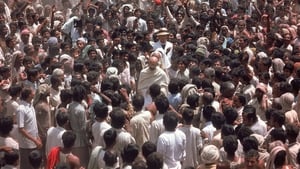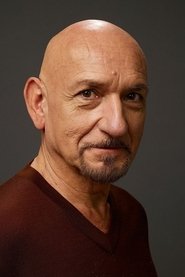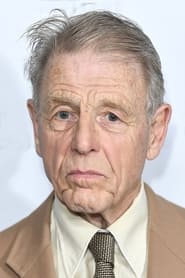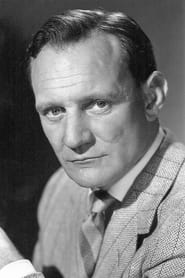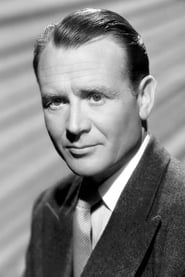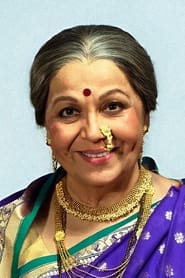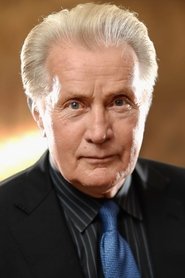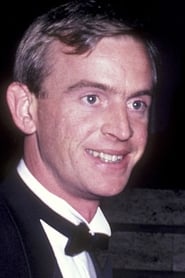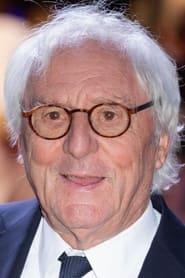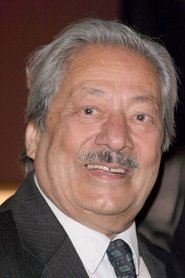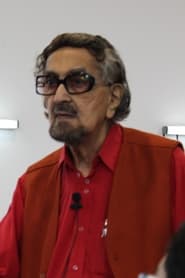Cast
View AllBen Kingsley
as Mahatma Gandhi
Candice Bergen
as Margaret Bourke-White
Edward Fox
as General Dyer
John Gielgud
as Lord Irwin
Trevor Howard
as Judge Broomfield
John Mills
as Lord Chelmsford
Rohini Hattangadi
as Kasturba Gandhi
Martin Sheen
as Vince Walker
Ian Charleson
as Reverend Charlie Andrews
Harsh Nayyar
as Nathuram Godse
Athol Fugard
as General Jan Christiaan Smuts
Günther Maria Halmer
as Dr. Herman Kallenbach
Saeed Jaffrey
as Sardar Vallabhbhai Patel
Geraldine James
as Mirabehn
Alyque Padamsee
as Mohammad Ali Jinnah
Crew
Director
- Richard Attenborough
Writer
- John Briley
Producer
- Richard Attenborough
- Terence A. Clegg
Reviews
CinemaSerf
As career defining roles go, this has to one of the more masterful efforts from Ben Kingsley who manages to engage right from the start with his sprightly, intelligent and considered portrayal of this visionary and independently minded man of peace. Arriving in South Africa, his baptism into a sea of bullishness and racism quickly tests his mettle and soon has him on the radar of a General Smuts (Athol Fugard) government that was as yet unused to any sort of challenge from the non-white elements of society. Unafraid to take a beating, or to challenge the cultural norms without own his own caste-driven society, he is swiftly back in India where, flushed with a degree of success, he allies with Pandit Nehru (Roshan Seth) and becomes even more determined to use the sheer size of the dominated Indian population to rebel against the last vestiges of post war Raj. His strategy of non-cooperation sees him incarcerated and separated from those he loved but, again, his patience and determination made even the most formidable of his foes realise that this man was just a bit different - and that he was on a path to a victory that necessitated a dignified, but definite, retreat. The latter part of the story illustrates well that old adage about the difficulties of winning the peace, made more difficult by intolerances of an all together different nature, before a denouement that history dictated for all. Richard Attenborough told a story of his first meeting with Prime Minister Nehru when he was planning this film, and of how that ten minutes of courtesy ended up considerably longer and more beneficial to the look of this beautifully filmed biopic. Using grand scale cinematography that focusses on the vastness and variety of the country, but also using an intimate and really quite tough to watch style of photography as the brutish behaviour towards the colonised was clearly demonstrated. As to the exact nature of the history, I'm not sure that detail mattered so much as the overall assemblage of some of the great from British stage and screen who seemed, by themselves, to offer an heart-felt apology for what had gone on as the sun did start to set on the Empire. There features also a gently supporting effort from Geraldine James's Mirabehn and Candice Bergen also helps the narrative's chronology along as the photo-journalist never far from Gandhi's side. It's long and can be a little sluggish at times, but the sheer participatory nature of this is reminiscent of the epic cinema of the days when crowds were real, cheap, colourful and enthusiastic - and that all adds to the richness of this classy and stylish production. Big screen experiences don't come much more poignant and this is well worth a watch in a cinema if you can.
Jan 26, 2024
Thematic Analysis
As a dramatic work, Gandhi examines complex human relationships and emotional struggles against the backdrop of a period setting that reflects societal issues of its time. The character development particularly stands out, offering viewers a chance to reflect on their own life journeys.
Director Richard Attenborough brings their distinctive visual style to this film, continuing their exploration of themes seen in their previous works while adding new elements. Their approach to character development and emotional depth creates a viewing experience that rewards close attention.
Released in 1982, the film exists within a cultural context that now offers viewers historical perspective on the social issues of that era. Its critical acclaim reflects its artistic achievements and its place in cinema history.
Did You Know?
- The production of Gandhi took approximately 25 months from pre-production to final cut.
- With a budget of $22.0 million, the film proved to be a financial success, earning back its investment and more.
- The final cut of the film runs for 191 minutes, though the director's initial assembly was reportedly 227 minutes long.
- The costume department created over 200 unique costume pieces for the production.
- The musical score contains over 74 unique compositions.
- The cast underwent specialized training for 7 weeks before filming began.
Historical Context
- In 1982, when this film was released:
- Economic policies were shifting toward deregulation in many Western countries.
- MTV launched, changing how music was marketed and consumed.
- Independent cinema was growing in influence, challenging the dominance of major studios.
How This Film Stands Out
While Gandhi shares thematic elements with other films in its genre, it distinguishes itself through its unique approach to storytelling, visual style, and character development.
Unlike Pearl Harbor, which focuses more on action than character development, Gandhi subverts genre expectations by exploring its themes with greater nuance.
While films like Manhattan and Annie Hall explore similar territory, Gandhi stands apart through its distinctive directorial vision and pacing.
This film's unique contribution to cinema lies in its bold artistic choices and willingness to challenge viewer expectations, making it a valuable addition to its genre.
Details
- Release Date: December 1, 1982
- Runtime: 3h 11m
- Budget: $22,000,000
- Revenue: $77,737,889
